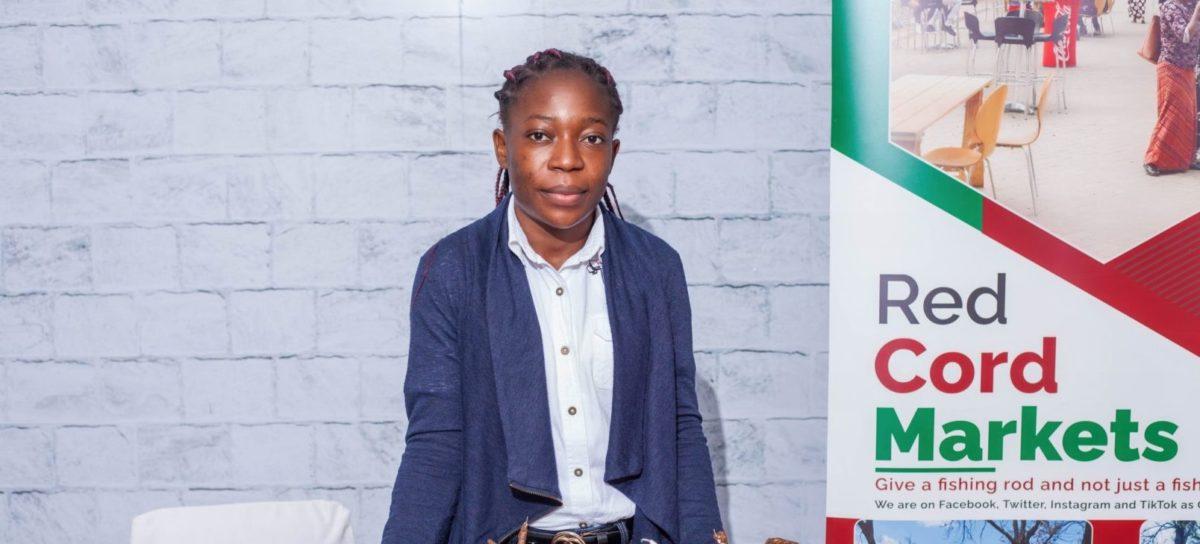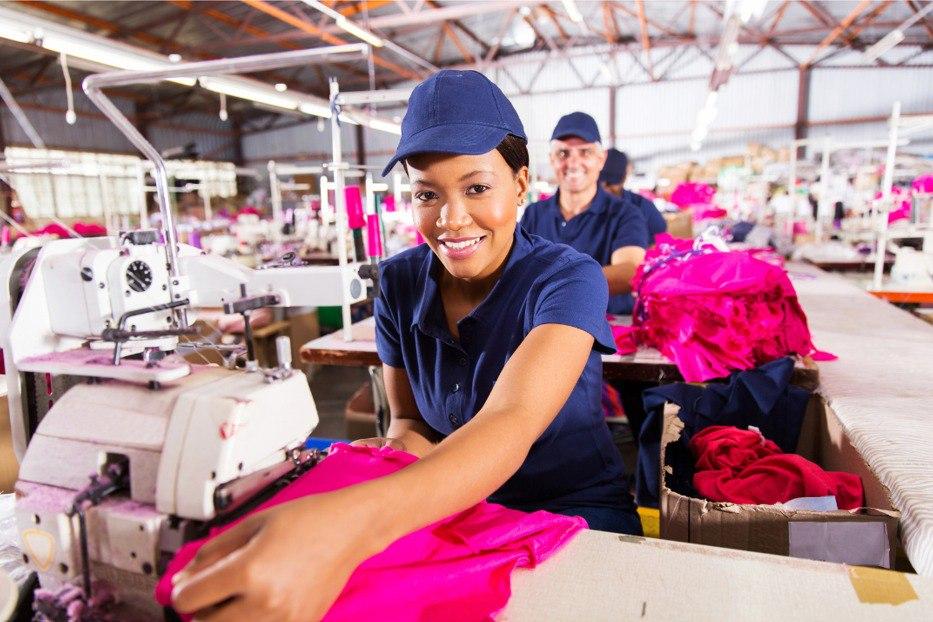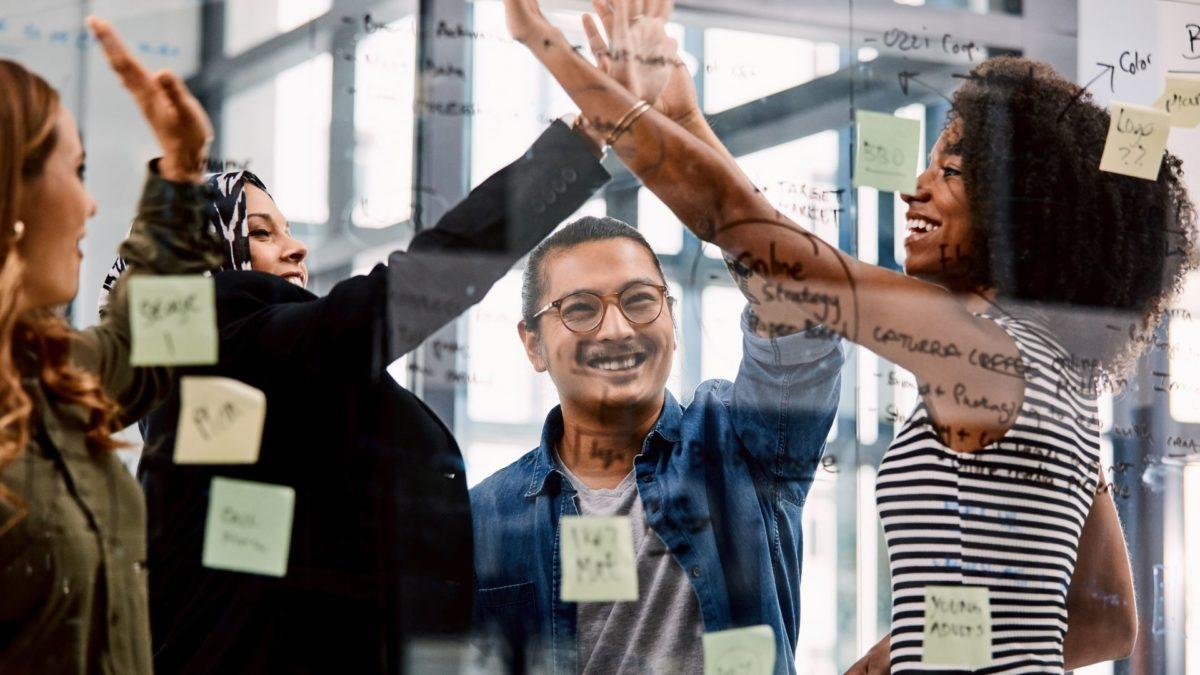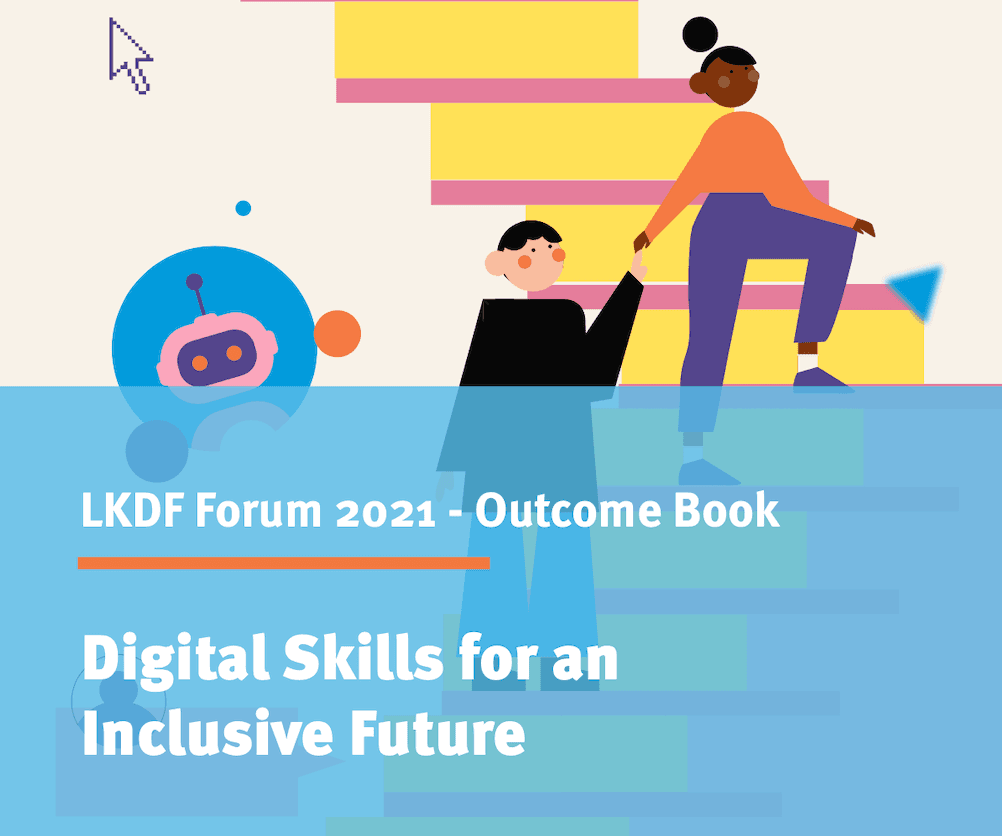International Youth Day: The Youth in Decision-Making Processes
For this year’s International Youth Day we call on global leaders for more acknowledgment of the youth's contributions to solving global challenges and their role as drivers of change.
- August 12, 2022
- By Anna Jardanovsky & Sophie Nedlin
More often than not, policies that directly impact the lives of youth are implemented but no young person was heard during the policy-making process.
The latest United Nations Report of Ageism finds that young people continue to report age-related obstacles in several spheres of their lives such as political participation and employment. This tendency prevents us from designing policies that ultimately serve people of all ages.
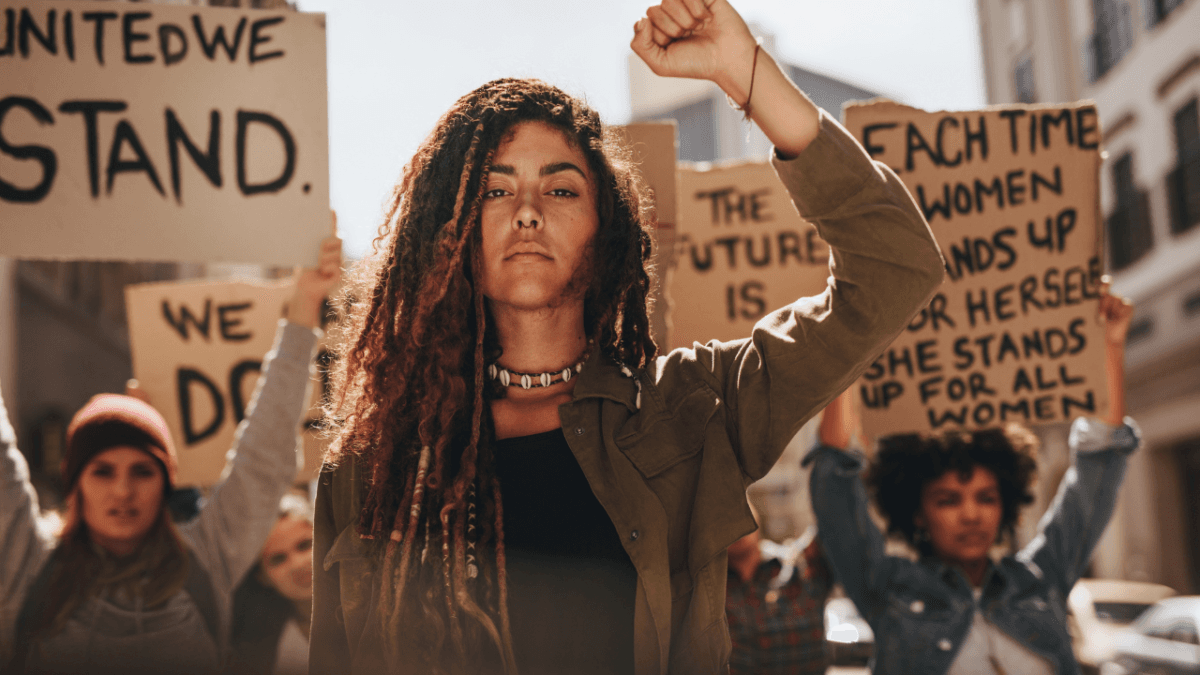
For this year’s International Youth Day we call on global leaders for more acknowledgment of the youth’s contributions to solving global challenges and their role as drivers of change. Empowering young people and involving them in debates that shape our future is crucial for a fairer world. And their empowerment begins with accessible skills development opportunities.
The world is surrounded with exceptional young people who have clear visions and the courage to drive positive change in the world. One of them is Asiya Mohammed, the Executive Director of Conflict Women Ltd, who helps survivors of sexual and domestic violence to rebuild their lives by facilitating market access for their jewelry and art. The aim is to build an entrepreneurial network and train women in business development through public-private partnerships.
Another example is Thandiwe Chama, a young educational rights activist from Zambia. She believes that education changes lives, stating: “When you educate a child you educate the nation. And an educated society is a developed country”. Due to the HIV/AIDS epidemic, Thandiwe’s school closed, leaving her and many other children without any access to education. At just 8 years old, she organized a march, motivating 60 children to participate and to claim back their right to education. The march was successful and all 60 children were accepted to another school. Thandiwe continued to fight for children’s rights and is an activist for the welfare and rights of those living with HIV and AIDS. In 2007, at the age of 16, she won the International Children’s Peace Prize for her astonishing efforts and actions.
It is through bold actions like Asiya Mohammed and Thandiwe Chama’s that a better future for all can be shaped. Giving young people a voice and a chance for self-improvement through the power of education, may ultimately increase youth political participation.
Be part of the international debate – Register for the LKDF Forum 2022
The 2022 edition of the LKDF Forum will address what resilience in skills implies in the context of the skills development environment. Experts, training professionals, and stakeholders will provide the necessary knowledge and tools to prepare ourselves for a skills revolution at the individual, organizational, educational system, and private sector levels. The event will bring the perspective of young people and their stories of resilience.
The LKDF team looks forward to welcoming young participants to the forum and listening to their solutions to address the skills mismatch and build more resilient societies.
Get in touch with the LKDF Secretariat: lkd-facility@unido.org
